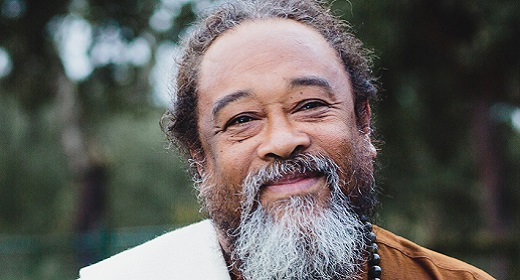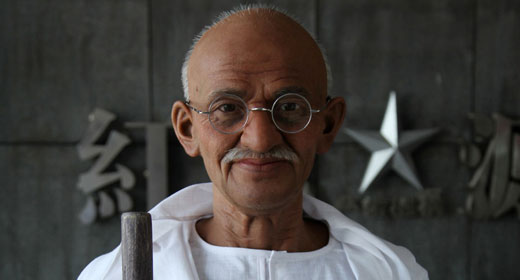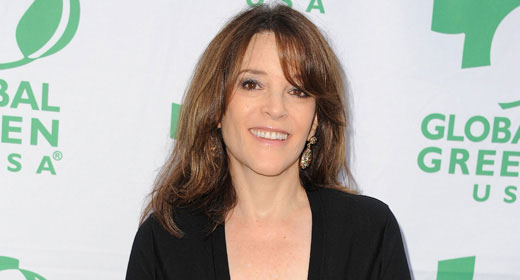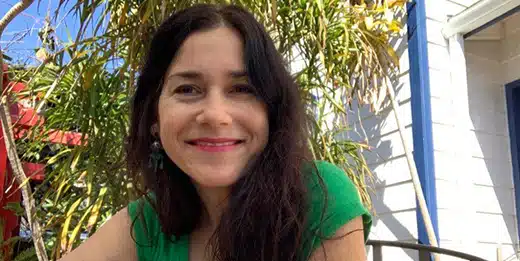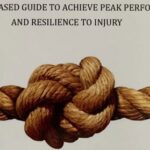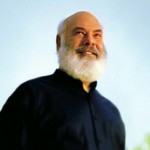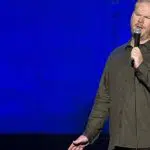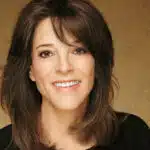by Dr. Alberto Villoldo: It’s possible that you may receive a calling to a destiny that you’d rather ignore…
It might be tempting to say, “I’m not ready to do this yet—I’ll do it at some other time. I’m comfortable now.” But when you don’t respond to a calling, you risk the wrath of heaven.
In the story of Jonah and the whale, for instance, God calls to the poor shopkeeper and says, “I want you to go to Nineveh.” And Jonah responds, “No, I just want to have a simple life. I want to be a shopkeeper, and I want to be around my children and my grandchildren.” Jonah ignores his calling, gets on a ship, and sets off in the opposite direction from Nineveh.
When a huge storm arises, the sailors know someone onboard has incurred the wrath of God. Crestfallen, Jonah admits to his fellow seafarers that he’s the one who has done so. To save themselves, his shipmates throw Jonah overboard, and he’s then swallowed by a whale that transports him in its belly to the shores of Nineveh anyway.
While in the belly of the whale, Jonah recognizes that his calling is to spread the word of God. When the humble shopkeeper is regurgitated by the whale in Nineveh, he then begins to teach—but he had to go through immense hardship before accepting this calling. Jonah’s story teaches us that if we don’t respond to our destiny of our own free will, we’re going to be taken there anyway.
The call of destiny is an otherworldly one. It’s not a menu choice between chicken and fish—it’s a force entirely beyond our control. But we do still have the choice: Do we respond to the call of destiny on our own, or do we wait until an illness or personal crisis compels us to stop what we’re doing and follow our destiny?
For many years I wanted to avoid my own calling. Every time I told myself, “I just want to have an ordinary job and a regular life,” circumstances would conspire to bring me back to teaching and healing—I’d get sick, or the career I’d planned for myself wouldn’t work out. I discovered the old adage that said, “If you want to see God laugh, make plans.”
Accepting my own calling was always fraught with challenges—I had to face many fears and difficulties. For instance, after my first book, The Realms of Healing, was published, my co-author and I were chastised by the ethics committee of the American Psychological Association for promoting primitive “superstitions.” Many of my colleagues believed that I was wasting my time studying “unconventional” healing, and even my own mother would ask me when I was planning to get a job. In the end, none of this mattered: I had to listen to my calling.
As you can tell, the call to your destiny doesn’t always come in the way you expect it. For example, President Franklin Delano Roosevelt grew up in highly privileged circumstances and lived a life of success before being struck down with polio at the age of 39. But it was only after he was stricken with the disease that he embraced his destiny and achieved greatness on the world’s stage. Aside from becoming one of our most effective and long-serving presidents, FDR also put in place a grassroots campaign that funded the discovery of a vaccine for polio, which stopped transmission of the disease that crippled him and was then terrorizing the country.
Roosevelt didn’t succumb to the belief that because he was disabled, he was powerless; to the contrary, he set in motion a healing that was far greater than his own personal illness. Roosevelt took a crippling condition and turned it into a healing crusade for others, transforming him from a man of privilege to a man of destiny.
There are many other such stories of people facing extraordinary obstacles and overcoming them, or of turning challenges into opportunities. Just think of Helen Keller, who was both deaf and blind, yet overcame her handicaps to learn how to read and communicate, and eventually became the first deaf and blind student to graduate from an American university. She went on to tour the country, inspiring thousands of deaf people to learn to communicate at a time when people with such disabilities were considered mentally ill.
Great individuals show us that we can sacrifice our limiting beliefs to change the nature of the quest from mere survival to destiny. So, what’s your destiny? Is it getting accustomed to your limitations, or is it to change the world? The way of the healer has always been to discard limiting beliefs and turn them into sources of strength and inspiration. When you sacrifice your sacred cows, you no longer have any excuses that you can give to Spirit. There’s no longer a disability to surmount before you can be of service to the world. There is only the resounding yes that you say to life.

